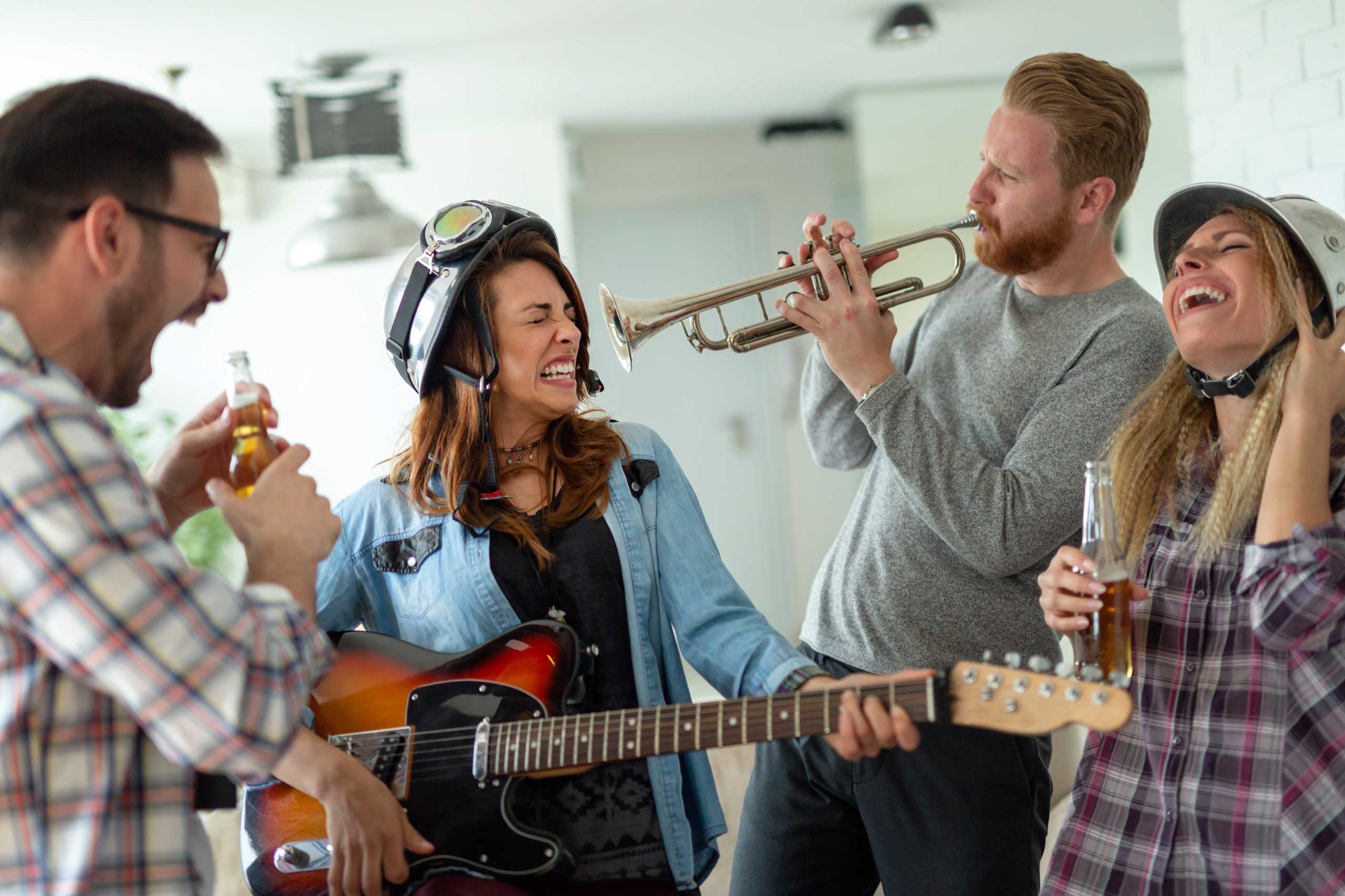Phone:
(701)814-6992
Physical address:
6296 Donnelly Plaza
Ratkeville, Bahamas.

When it comes to improvisation, your ear is as important as your hands.
Strong ear training allows you to recognize harmonies, anticipate chord changes, and respond musically without hesitation.
Improvisation is about reacting in real time — and that means hearing what’s happening before you even play.
A well-trained ear helps you:
Without this skill, improvisation can feel like guessing. With it, you gain control and creative freedom.
The good news? You don’t need expensive tools to develop your ear — just time, focus, and consistent practice.
Here are some ideas:
These exercises help you internalize music instead of relying on visual cues.
Great improvisers are great listeners.
When you truly hear the band, the groove, and the harmonic shifts, you can weave your playing seamlessly into the moment. This makes your solos feel like natural conversations instead of rehearsed speeches.
Ear training doesn’t have to be a separate task — you can blend it into your daily playing.
Try picking one song a day to figure out entirely by ear. Over time, you’ll notice patterns, improve speed, and gain confidence in your ability to jump into any musical situation.
A sharp ear is the improviser’s compass — it points you toward creativity and keeps you on course.